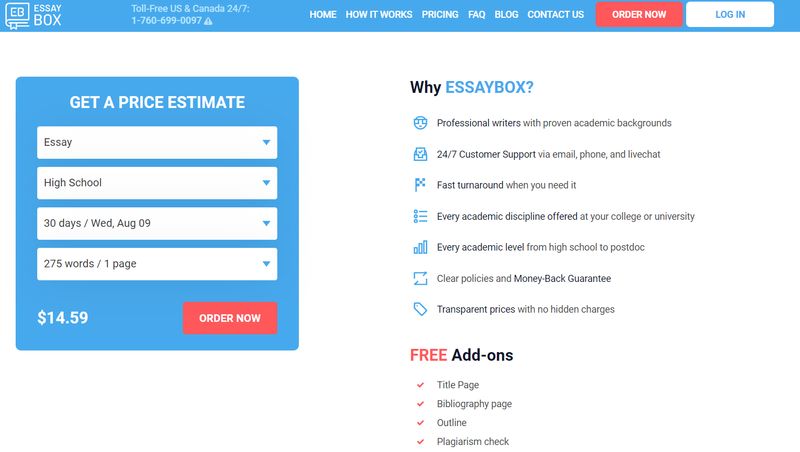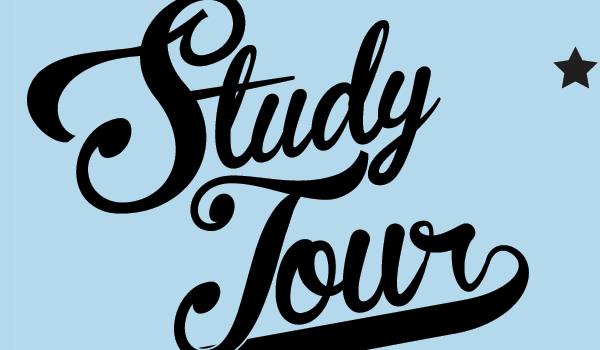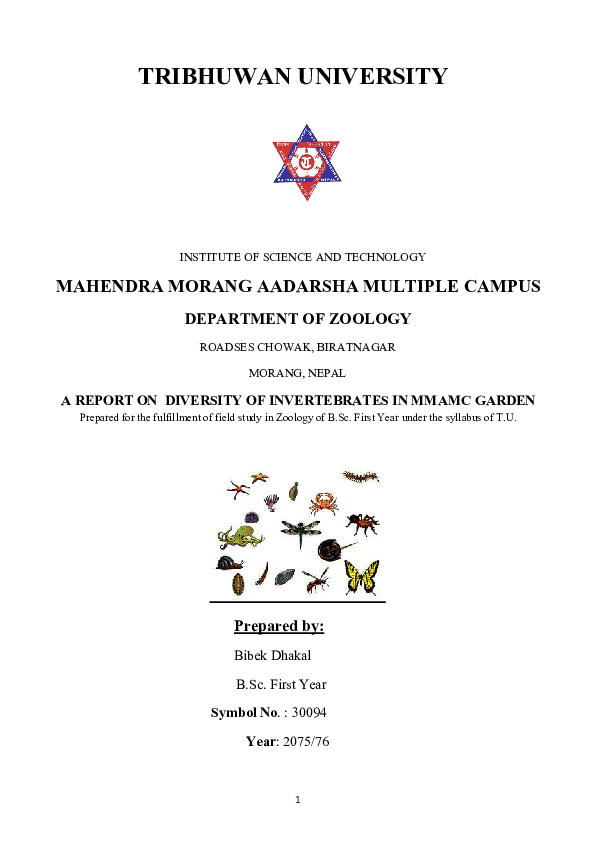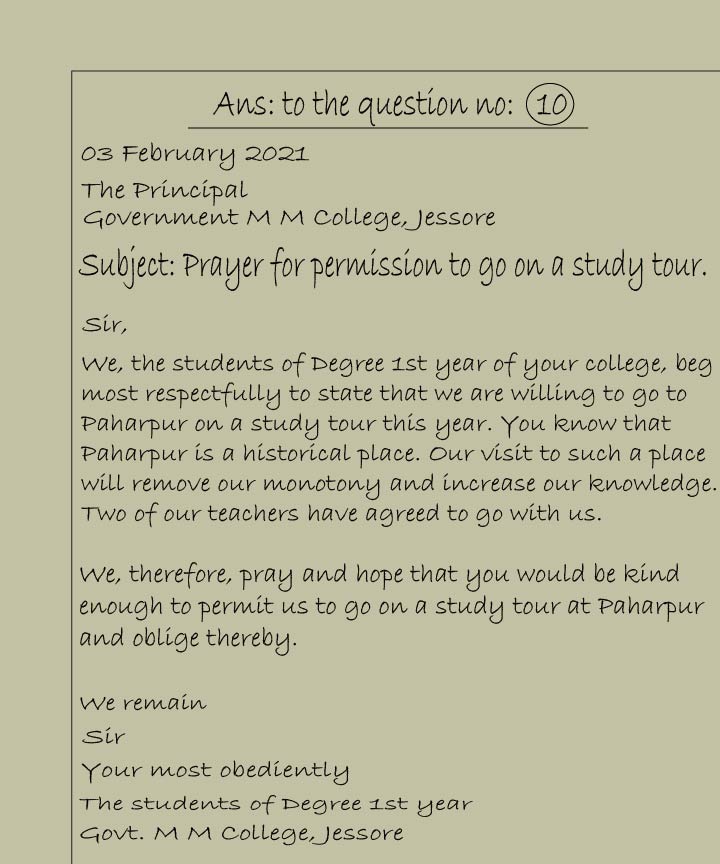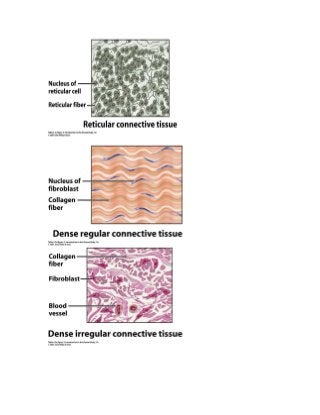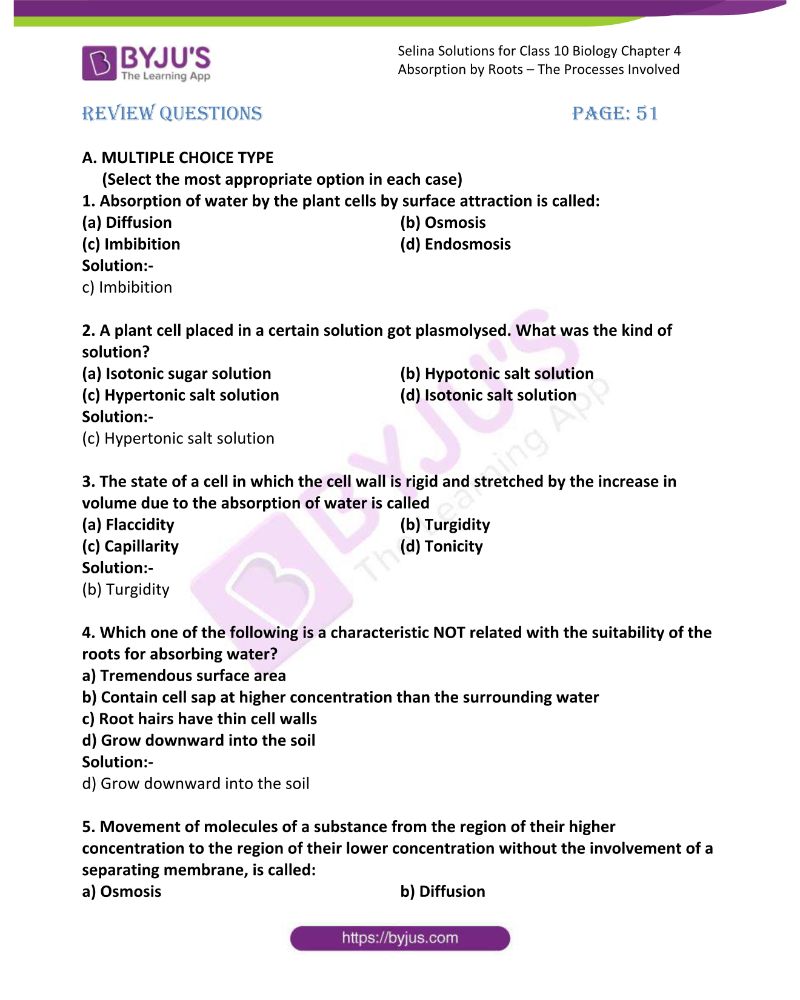What is a Study Tour at Auschwitz?
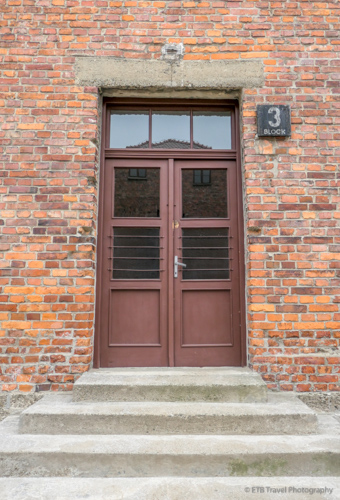
So you’ve applied to a university and want to know what the difference is between a HHREC study tour and an OUWB study tour. How do you know which one will suit you best? In this article, we’ll explain exactly what these trips entail. This way, you’ll know exactly what you can expect when you go on one. If you’re considering one of these trips, there are some things to consider before you sign up.
HHREC study tour
There are several stages in the HHREC study tour at Auschwitz. The first involves the Auschwitz Museum and Memorial Site. These require proper substantive and emotional involvement from the teacher and the tour guide. In addition, they must create the conditions for learning. The ultimate purpose of a study tour is to allow participants to reflect upon their experiences and understand how they can help future generations. This typically takes place during the recapitulating class.
During the trip, participants will learn about the conditions of life in the concentration camps and what led to the Holocaust. In addition to hearing from experts, participants will visit several museums in the region. A visit to the Auschwitz I museum contains original Nazi documents such as deportation logs, prisoner files, letters, and volumes of death books. Other exhibits include personal items and evidence from the Auschwitz II camp.
Guests should wear comfortable shoes to avoid discomfort and soreness. There are toilets on the grounds of the Auschwitz I memorial. Guests should purchase a guidebook, but there are also free information plaques in various areas of the memorial. If visitors are accompanied by a child, they should wear appropriate footwear. This is particularly important in light of the emotional impact that the event has on survivors.
OUWB study tour
The OUWB Holocaust and Medicine study tour is a unique opportunity for students from the medical school to learn about the horrors of the Holocaust. Students have studied modules developed by professors Wasserman and Wald, visited the Zekelman Holocaust Center in Farmington Hills, and even attended a special dinner with donors. Several participants have been enrolled in the program for the last several years and have reported back on their experiences.
The study tour’s contingency was led by a physician who worked with survivors of the Holocaust. The tour was emotional and educational, and touched on many aspects of Jewish culture, including the Holocaust. Tour guide Adria Benkoff, MD, has been a volunteer at the center since 2004 and has led OUWB study tours. Participants of the tour, including Paula Chubchian, a UC Berkeley doctor, described the experience as “inspiring.”
The OUWB Holocaust and Medicine study tour has several facets, including a visit to the memorial center in Auschwitz. This will be an opportunity for students to reflect on this tragic period in medicine, and the ramifications it has for their own personal development. In addition to a lecture at the local memorial center, the tour includes a visit to a concentration camp and the Auschwitz monument. During the study tour, students will be able to learn more about the role of a physician in the death camps.
HHREC OUWB study trip to auschwitz
OUWB students have been preparing for the upcoming study trip to Auschwitz through asynchronous modules. Program director Duane Mezwa says the trip is a culmination of the work of the Holocaust and Medicine program, which includes pre-trip and post-trip educational sessions that focus on student reflection and professional identity formation. After the trip, students will participate in a seven-week seminar to share what they learned with other OUWB students.
Students take a two-day study trip to Auschwitz to increase their understanding of the Holocaust. OHREC’s trip to Auschwitz is funded by the German government and organized by one of the oldest theology departments in Europe. The trip was organized by the Center for Reconciliation Studies at Friedrich-Schiller University in Jena, Germany, and was partly funded by the German Research Foundation. However, the event caused some controversy, and some critics claimed Dajani was brainwashing Palestinian youth and destroying their educational experience.

